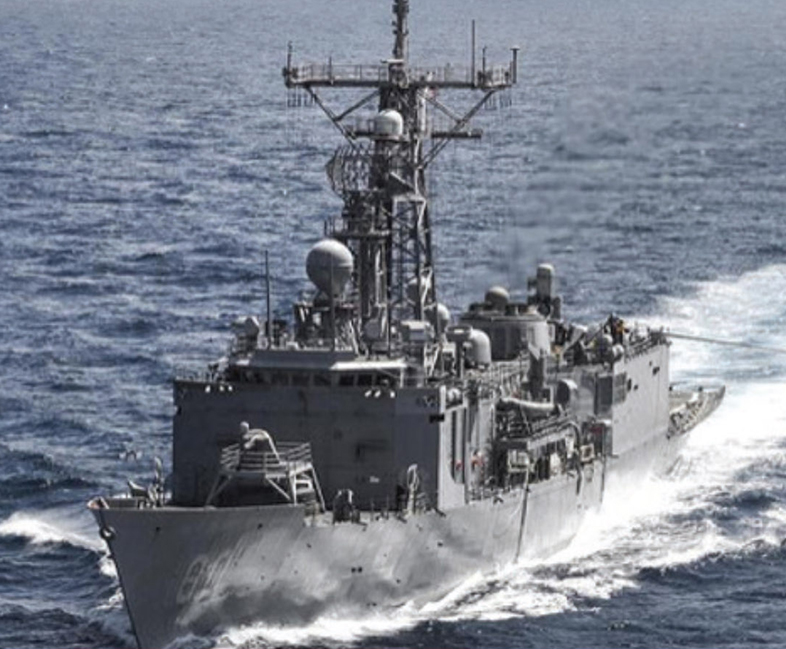- Home
- About
- Experts
- Publications
- Our Centers
- Policy Forums
- Speeches
- Events
- Multimedia
- Mon-Fri (9:00 am-7.00 pm)
- [email apolicyinstitute@gmail.com]
- +254 706 670 965
- Mon-Fri (9:00 am-7.00 pm)
- [email apolicyinstitute@gmail.com]
- +254 706 670 965

Undesirably, Kenya faces an existential threat of losing its access to international waters, resources and geo-strategic advantage. Kenya has to use its instruments of soft power to settle the maritime boundary dispute with Somalia amicably / Photo: U.S. Navy 3rd Class Derek The clock is ticking towards the September 9-13, 2019 tipping point, when the international Court of Justice (ICJ) at The Hague, Netherlands will decide on the maritime delimitation case filed by Somalia against Kenya on August 28, 2014.
Never before in its history has Kenya’s capacity to harness the technologies of soft power to protect its interests been so severely tested. In the information age, soft power, defined the Harvard Professor, Joseph Nye as the ability of countries to attract and co-opt, rather than coerce (hard power), is the handmaid of diplomacy. Kenya’s think tanks and universities are the white knights of soft power in the search for durable solutions to the security challenges arising from the Somali-Kenya maritime dispute. It is in this
context that the Horn Institute (the International Institute for Strategic Studies) convened over 30 experts of think tanks, universities and research consulting firms from across Africa in Nairobi on July 25-26, 2019